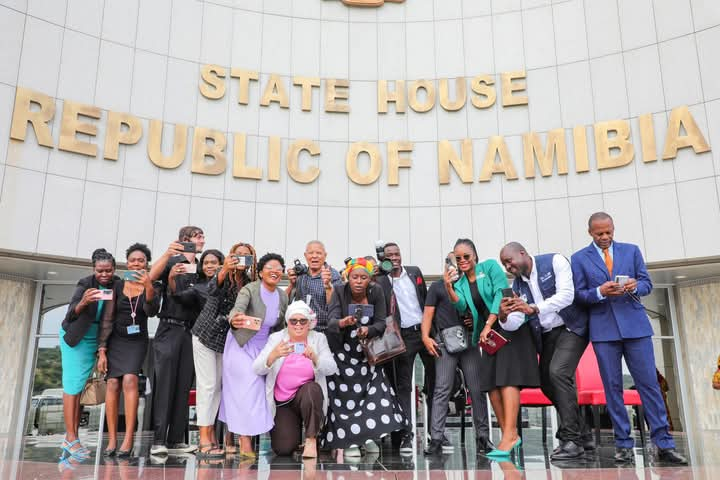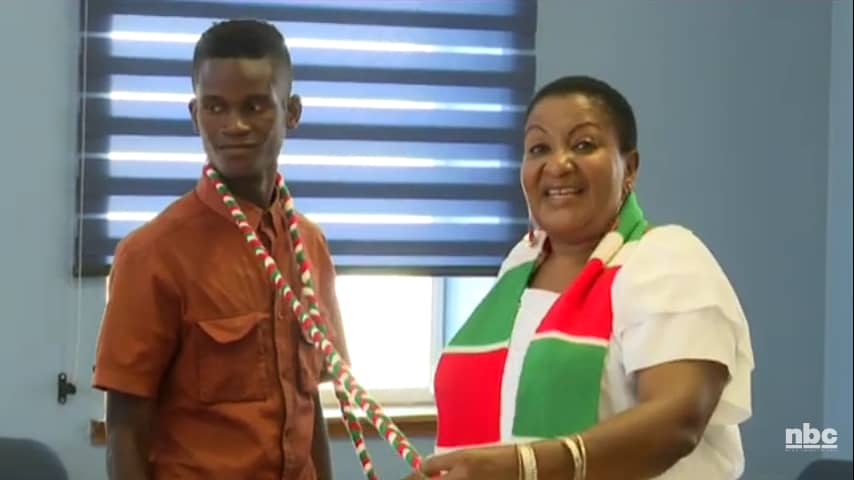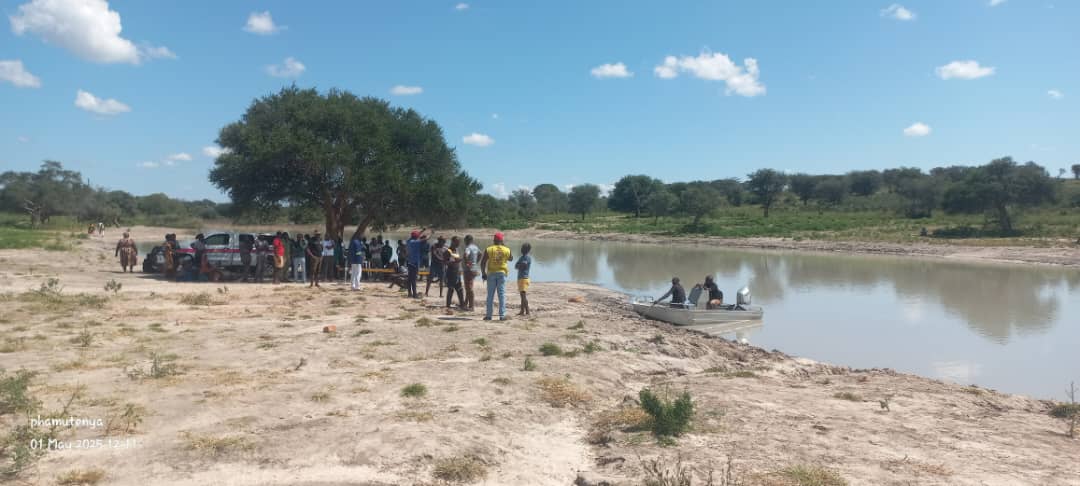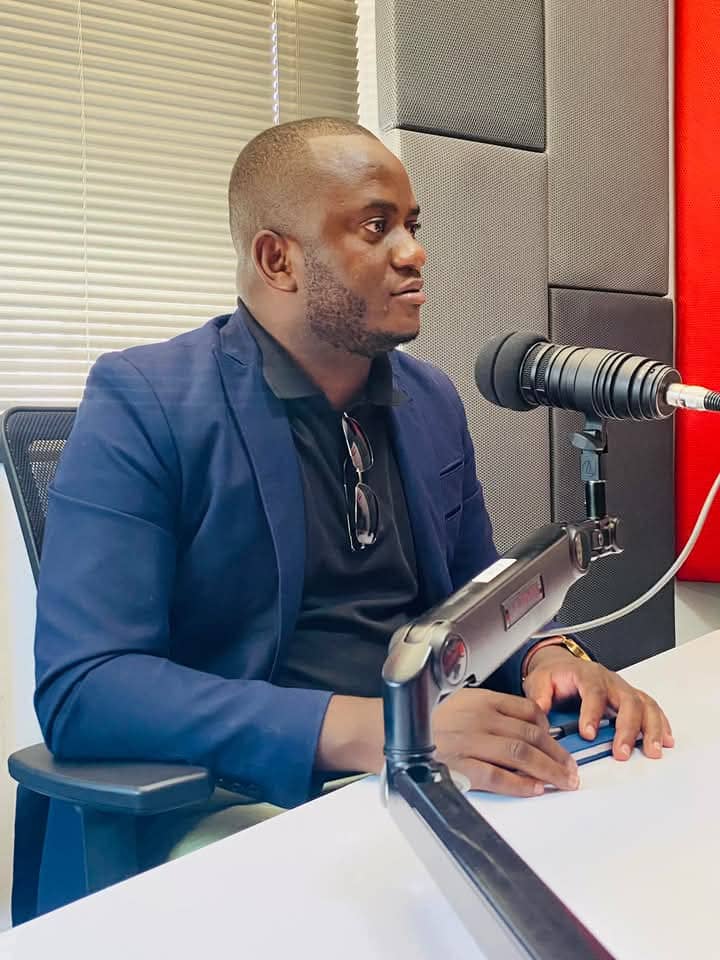A ‘PAT on the back’ from the International Monetary Fund (cover story, November 15) would have been better placed on page 12 of that issue, and that page’s story, ‘World Bank ignores the planet’s poor’, moved to the front page.
African countries surely long ago stopped worrying what the IMF has to say, as it becomes increasingly irrelevant to governments committed to socially responsible fiscal management. In fact, your IMF report reveals, yet again, that the Fund’s occasional concern about poverty, high unemployment and HIV-AIDS is confined to doing just enough to maintain ‘social cohesion’, and to maximise the economic productivity of the poor and marginalised only as and when required by private markets.Short of such a need, the IMF urges Namibia to use its ‘windfall’ revenue to reduce debt, with poor people and others continuing their struggle until such time as they threaten social stability.In a similar vein, it has taken China’s assistance to African countries, free of conditionality or lectures, to get the World Bank’s head, Paul Wolfowitz, to finally (last month) voice concern about human rights in Africa.(Although this concern will presumably be insufficient to overturn the Bank’s own legal opinion that it is itself exempted from global human rights obligations.) It is therefore little wonder that your next day’s report on the meeting in Melbourne, Australia, of the Group of Twenty (‘G20 meeting to tackle challenges’, November 16, p 11) pointed out that it is discussing “making the International Monetary Fund and the World Bank more relevant”.However, given the global interests of the countries directing these agencies, like the fate of the Doha Round of world trade talks, few people will hold their breath in eager anticipation of institutional reform occurring where it is most needed: within those very agencies and their directing member states.Meanwhile, we will continue to read stories like that of the Hong Kong billionaire paying an amount for 1.5 kg of truffle (fungus) (November 16, p 10) similar to what 100 poor Pakistani farmers get for selling their kidneys in order to survive (November 15, p 14).Robert Johnson Klein WindhoekIn fact, your IMF report reveals, yet again, that the Fund’s occasional concern about poverty, high unemployment and HIV-AIDS is confined to doing just enough to maintain ‘social cohesion’, and to maximise the economic productivity of the poor and marginalised only as and when required by private markets.Short of such a need, the IMF urges Namibia to use its ‘windfall’ revenue to reduce debt, with poor people and others continuing their struggle until such time as they threaten social stability.In a similar vein, it has taken China’s assistance to African countries, free of conditionality or lectures, to get the World Bank’s head, Paul Wolfowitz, to finally (last month) voice concern about human rights in Africa.(Although this concern will presumably be insufficient to overturn the Bank’s own legal opinion that it is itself exempted from global human rights obligations.) It is therefore little wonder that your next day’s report on the meeting in Melbourne, Australia, of the Group of Twenty (‘G20 meeting to tackle challenges’, November 16, p 11) pointed out that it is discussing “making the International Monetary Fund and the World Bank more relevant”. However, given the global interests of the countries directing these agencies, like the fate of the Doha Round of world trade talks, few people will hold their breath in eager anticipation of institutional reform occurring where it is most needed: within those very agencies and their directing member states.Meanwhile, we will continue to read stories like that of the Hong Kong billionaire paying an amount for 1.5 kg of truffle (fungus) (November 16, p 10) similar to what 100 poor Pakistani farmers get for selling their kidneys in order to survive (November 15, p 14).Robert Johnson Klein Windhoek
Stay informed with The Namibian – your source for credible journalism. Get in-depth reporting and opinions for
only N$85 a month. Invest in journalism, invest in democracy –
Subscribe Now!










